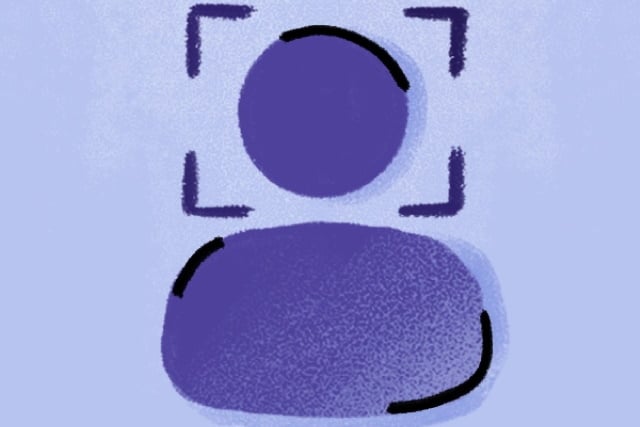Meta is deleting a billion 'faceprints' and closing down Facebook's facial recognition system

Facebook's parent company, Meta, has announced a major shift for the social networking, saying it will no longer use facial recognition to identify users in photographs.
As well as closing down the facial recognition system, the company will also delete over a billion people’s individual facial recognition templates. Meta says that it is part of "company-wide move to limit the use of facial recognition in our products", and it is move that will be welcomed by privacy advocates.
See also:
- KB5006674 and KB5006670 updates are causing printer problems in Windows 11 Windows 10
- Meta leak shows Facebook smartwatch could be an Apple Watch killer
- Windows 11 has a weird problem with empty folders
The change in facial recognition policy is coming into force in the coming weeks, with Meta saying: "people who've opted in will no longer be automatically recognized in photos and videos". The company says that the decision comes in response to "growing societal concerns".
It says that "regulators have yet to provide clear rules", but as Electronic Frontier Foundation (EFF) notes, numerous US cities have enforced bans on government use of facial recognition systems. EFF reported the news of Meta's decision with the pointed headline "Face Recognition Is So Toxic, Facebook Is Dumping It", and the group is not alone in applauding the decision.
In a post on the Meta website announcing the change in policy, the company says:
In the coming weeks, we will shut down the Face Recognition system on Facebook as part of a company-wide move to limit the use of facial recognition in our products. As part of this change, people who have opted in to our Face Recognition setting will no longer be automatically recognized in photos and videos, and we will delete the facial recognition template used to identify them.
This change will represent one of the largest shifts in facial recognition usage in the technology's history. More than a third of Facebook's daily active users have opted in to our Face Recognition setting and are able to be recognized, and its removal will result in the deletion of more than a billion people’s individual facial recognition templates.
Making this change required careful consideration, because we have seen a number of places where face recognition can be highly valued by people using platforms. For example, our award-winning automatic alt text system, that uses advanced AI to generate descriptions of images for people who are blind and visually impaired, uses the Face Recognition system to tell them when they or one of their friends is in an image.
Meta is not completely giving up on facial recognition, saying that it can be a powerful tool for helping people to verify their identity. The company says that there are circumstances in which "facial recognition is both broadly valuable to people and socially acceptable, when deployed with care". It goes on to say that it will " continue working on use cases like these, we will ensure people have transparency and control over whether they are automatically recognized".
The announcement concludes by pointing out the impact the turning off of the facial recognition system will have:
- Our technology will no longer automatically recognize if people's faces appear in Memories, photos or videos.
- People will no longer be able to turn on face recognition for suggested tagging or see a suggested tag with their name in photos and videos they may appear in. We’ll still encourage people to tag posts manually, to help you and your friends know who is in a photo or video.
- This change will also impact Automatic Alt Text (AAT), a technology used to create image descriptions for people who are blind or visually impaired. AAT currently identifies people in about 4% of photos. After the change, AAT will still be able to recognize how many people are in a photo, but will no longer attempt to identify who each person is using facial recognition. Otherwise, AAT will continue to function normally, and we’ll work closely with the blind and visually impaired community on technologies to continually improve AAT. You can learn more about what these changes mean for people who use AAT on the Facebook Accessibility page.
- If you have opted into our Face Recognition setting, we will delete the template used to identify you. If you have the face recognition setting turned off, there is no template to delete and there will be no change.